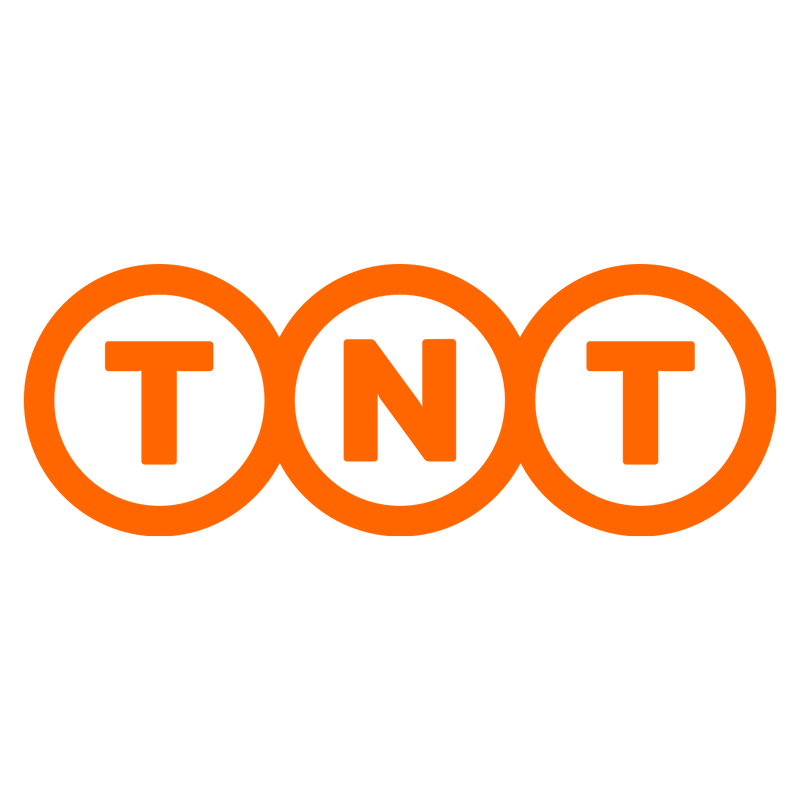Table Top Dungeons & Dragon
A game of D&D requires one player to fill the role of Dungeon Master (DM), setting the stage and controlling the monsters and other characters. The other players collaboratively roleplay their characters through adventures presented by the DM
More crucially for employers, D&D could be just the team-building tool they need as they face the serious challenge of maintaining employee engagement and wellbeing in the new world of hybrid working
More crucially for employers, D&D could be just the team-building tool they need as they face the serious challenge of maintaining employee engagement and wellbeing in the new world of hybrid working
WHY DUNGEONS AND DRAGONS IS GOOD FOR THE WORKPLACEA D&D
D&D inspired mindset could help change how we think about our workplaces and working together as a team
By Dr Jesse Olsen, University of Melbourne
A team of adventurers traverse a dungeon to defeat a mighty dragon and, through their victory, save the realm. Meanwhile, a design team skilfully adapts its product to evolving customer demands through a global pandemic – saving the business.
Both these scenarios require teamwork, flexibility and creativity. But, in real life, the stakes are much higher for the second team – because the first is playing Dungeons and Dragons.
A game of D&D requires one player to fill the role of Dungeon Master (DM), setting the stage and controlling the monsters and other characters. The other players collaboratively roleplay their characters through adventures presented by the DM.
Random elements are introduced using dice of various weird and wonderful shapes, but players can level up and develop their characters over time to modify these dice rolls to their advantage.
Multi-session D&D adventures can result in campaigns that play out over weeks, months, years or even decades. If you’re keen, you can find ‘professional’ gameplay in Critical Role which airs a weekly three-to-four-hour D&D game session of a group of voice actor friends.
LEVELLING UP WITH D&D
D&D is good for you, according to research noting its educational value.
A study of primary school children suggests that even when played using online tools during the recent pandemic, D&D helps to develop important life skills in language and communication, perspective-taking, self-awareness, empathy, creativity, critical thinking and problem solving.
There’s been increasing interest in D&D after the theatrical release of Dungeons & Dragons: Honor Among Thieves. Picture: Paramount PIctures. Importantly, D&D offers similar benefits to adult learners who can develop their skills in teamwork and group creativity while adventuring.
Another study of D&D in a therapy setting suggests that it can boost a person’s confidence in social settings and reduce their fear of making mistakes, which then enhances their decision making.
With benefits like these, it’s only natural that some mental health professionals have made it part of their practice.
And in case this is not enough evidence to convince your boss to incorporate D&D into your professional development (because that’s really why a lot of us are here), ask them to consider D&D’s lessons in work-relevant domains like teamwork, diversity and inclusion.
FOR YOUR BOSS’S CONSIDERATION.
In D&D, it’s vital that you understand the strengths and weaknesses of your character and your teammates’ characters.
The Diversity Council Australia reports that nearly a quarter of Australian workers experienced discrimination and/or harassment at work within a twelve-month period. In other countries, like the US and the UK we see a similar picture.
You need a diversity of tools, skills and experiences to succeed in D&D and in the workplace. Picture: Jesse OlsenTHE NEXT LEVELSo, it seems we need more understanding, more inclusion, and perhaps – given the game’s potential to promote inclusion – more D&D at work.
And why stop at inclusive team players? With experience, many D&D players come to realise that not all goblins are evil, many dragons want to protect the realm and some dungeons can offer safe sanctuary from a cruel world.
Perhaps a D&D-inspired mindset can similarly change how we think about our professional relationships, stakeholders and work environments.
So, what elements of D&D’s teamwork and heroism can you bring to your workplace?
Banner: Dungeons & Dragons
By Dr Jesse Olsen, University of Melbourne
A team of adventurers traverse a dungeon to defeat a mighty dragon and, through their victory, save the realm. Meanwhile, a design team skilfully adapts its product to evolving customer demands through a global pandemic – saving the business.
Both these scenarios require teamwork, flexibility and creativity. But, in real life, the stakes are much higher for the second team – because the first is playing Dungeons and Dragons.
A game of D&D requires one player to fill the role of Dungeon Master (DM), setting the stage and controlling the monsters and other characters. The other players collaboratively roleplay their characters through adventures presented by the DM.
Random elements are introduced using dice of various weird and wonderful shapes, but players can level up and develop their characters over time to modify these dice rolls to their advantage.
Multi-session D&D adventures can result in campaigns that play out over weeks, months, years or even decades. If you’re keen, you can find ‘professional’ gameplay in Critical Role which airs a weekly three-to-four-hour D&D game session of a group of voice actor friends.
LEVELLING UP WITH D&D
D&D is good for you, according to research noting its educational value.
A study of primary school children suggests that even when played using online tools during the recent pandemic, D&D helps to develop important life skills in language and communication, perspective-taking, self-awareness, empathy, creativity, critical thinking and problem solving.
There’s been increasing interest in D&D after the theatrical release of Dungeons & Dragons: Honor Among Thieves. Picture: Paramount PIctures. Importantly, D&D offers similar benefits to adult learners who can develop their skills in teamwork and group creativity while adventuring.
Another study of D&D in a therapy setting suggests that it can boost a person’s confidence in social settings and reduce their fear of making mistakes, which then enhances their decision making.
With benefits like these, it’s only natural that some mental health professionals have made it part of their practice.
And in case this is not enough evidence to convince your boss to incorporate D&D into your professional development (because that’s really why a lot of us are here), ask them to consider D&D’s lessons in work-relevant domains like teamwork, diversity and inclusion.
FOR YOUR BOSS’S CONSIDERATION.
In D&D, it’s vital that you understand the strengths and weaknesses of your character and your teammates’ characters.
The Diversity Council Australia reports that nearly a quarter of Australian workers experienced discrimination and/or harassment at work within a twelve-month period. In other countries, like the US and the UK we see a similar picture.
You need a diversity of tools, skills and experiences to succeed in D&D and in the workplace. Picture: Jesse OlsenTHE NEXT LEVELSo, it seems we need more understanding, more inclusion, and perhaps – given the game’s potential to promote inclusion – more D&D at work.
And why stop at inclusive team players? With experience, many D&D players come to realise that not all goblins are evil, many dragons want to protect the realm and some dungeons can offer safe sanctuary from a cruel world.
Perhaps a D&D-inspired mindset can similarly change how we think about our professional relationships, stakeholders and work environments.
So, what elements of D&D’s teamwork and heroism can you bring to your workplace?
Banner: Dungeons & Dragons






